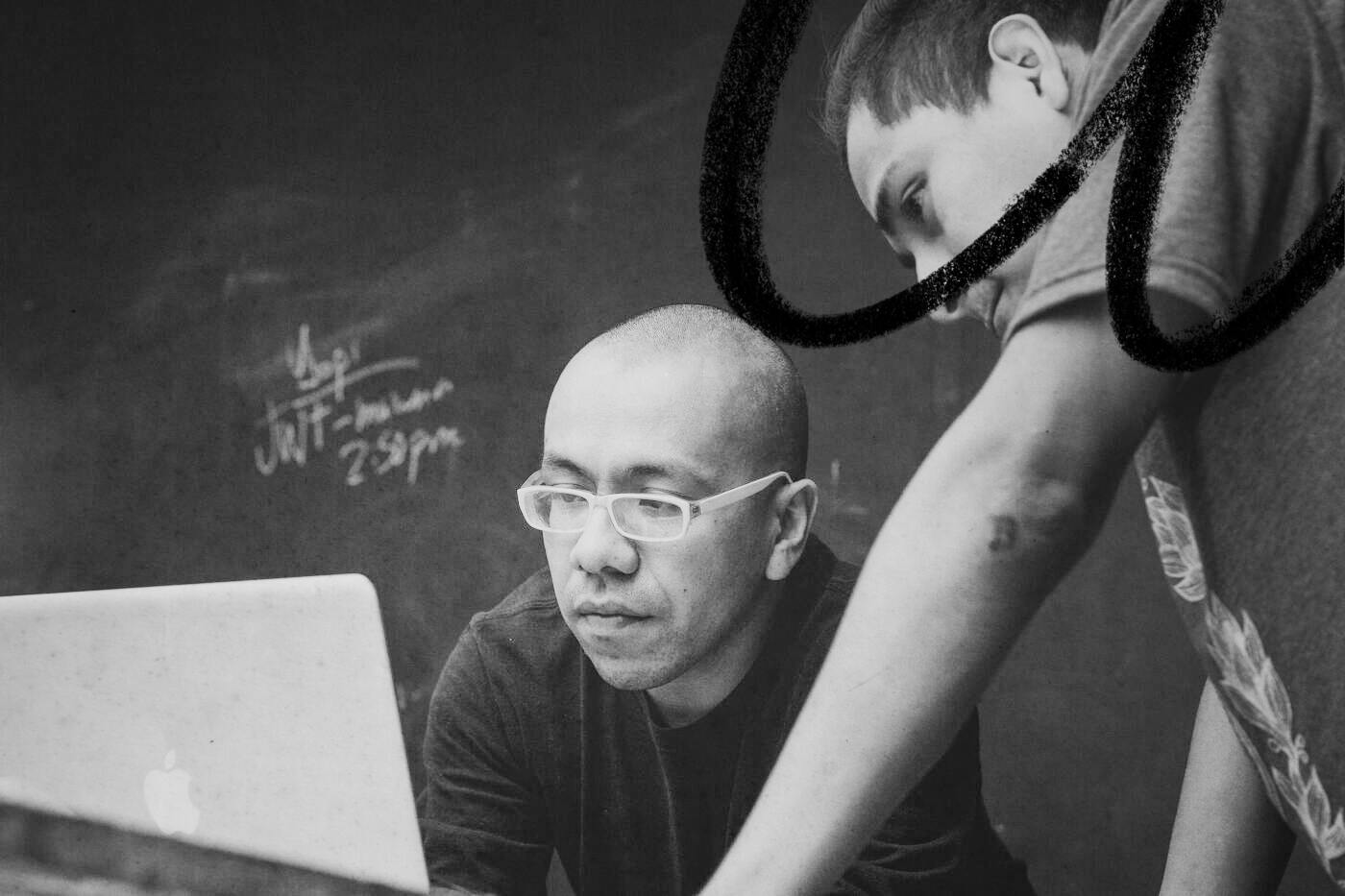
Sponsored By: Brilliant
This article is brought to you by Brilliant, the app that boosts your analytical skills with bite-size lessons in math, logic, CS, and more.
Hey! Dan here. I'm off from writing this week, so I wanted to resurface an article from our archive that I think is increasingly important. This one is about why 1-1 tutoring is so wildly effective—and how you can use it to learn anything. I originally wrote it almost a year ago, before tools like ChatGPT and GPT-4 were around. At the time, I argued that you could hire someone for surprisingly little money to be your personal tutor and learn anything. But with the advent of AI—this gets dramatically easier. Personalized tutoring is going to be broadly available to anyone with an internet connection and $20 / month. I think that's a great world to be in.
Read on to learn about why tutoring is so effective, and how you can structure a tutoring relationship with a human (or an AI) to help you learn anything.
Education is expensive because you’re paying for more than learning. You’re paying for the status of the degree, the ability to participate in the community, a planned course list and curriculum, the quality control that the university provides, and on and on. You’re paying for a turn-key, minimum effort experience.
But if, for some reason, you don’t care about those things and you’re optimizing primarily for learning—you can learn anything 98% better than you would in a class, for significantly less money. The way to do this is through 1-1 tutoring.
I know this because I did it. A few years ago I decided I wanted to write a novel. So I had the author of one of my favorite books tutor me on fiction writing. I made more progress during those tutoring sessions than I had in workshops, classes, and solo learning combined. And I spent far less money on it than I would have spent on an MFA.
And that’s not an accident. One of the most famous studies in educational psychology found that students who learned through 1-1 tutoring performed two sigma—98%—better than students who learned through a traditional classroom environment.
You can do this too for the topic of your choice. You just have to put effort into finding the right person, and into working with them. It won’t be an out of the box experience like a class. You have to be willing to bring a lot more to the table than you would ordinarily.
But you’ll learn a lot more than you might otherwise, without spending a lot of money. Let me explain.
. . .
I decided I wanted to write fiction in 2016. At first, I thought this would be fairly easy: I’d just sit down and write every day and eventually a great work of fiction would come out. I’d been writing for a long time on the internet so this seemed reasonable.
It turns out, though, that writing fiction is an entirely different beast than writing blog posts. You need to learn about scenes and structure and dialog and character development and plot and a thousand other things. When I realized this it was quite exciting to me; I dove in head first.
I picked up the Aaron Sorkin MasterClass on screenwriting (for witty dialog) and read Scene and Structure and Elements of the Novel and ten other books. I took diligent notes and tried to apply what I read to my writing practice. I got better, and I churned out a lot of pages of material, but I still didn’t make the progress I wanted to.
So I tried a class. As a kid I’d seen the yellow Gotham Writers Workshop boxes around the city:
So I signed up for their Fiction Writing I class. This time there was a real live teacher there who had published his own novel. There was a structured curriculum, and homework, and 20 other students to workshop my writing with. I got even better. I did another class.
But I still felt like something was missing. I was in a different place with my writing and my career than the rest of the students, and my questions and problems were different. It’s not that I was better at writing, but I had a set of skills that I knew were lacking and specific problems in the draft of my novel that I wanted to try to solve—and the classroom environment wasn’t tailored to those things.
The Only Subscription
You Need to
Stay at the
Edge of AI
The essential toolkit for those shaping the future
"This might be the best value you
can get from an AI subscription."
- Jay S.
Join 100,000+ leaders, builders, and innovators

Email address
Already have an account? Sign in
What is included in a subscription?
Daily insights from AI pioneers + early access to powerful AI tools
.jpg)







.png)


Comments
Don't have an account? Sign up!
There is the possibility that your approach of self dependence and only asking the mentor every two weeks had a big impact on making the learning better and not only because of the availability of the mentor. Lots of courses has final project where you can get feedback during and at the end of the project from peers it the instructor when you are stuck. Which I think it is almost equivalent to your approach.